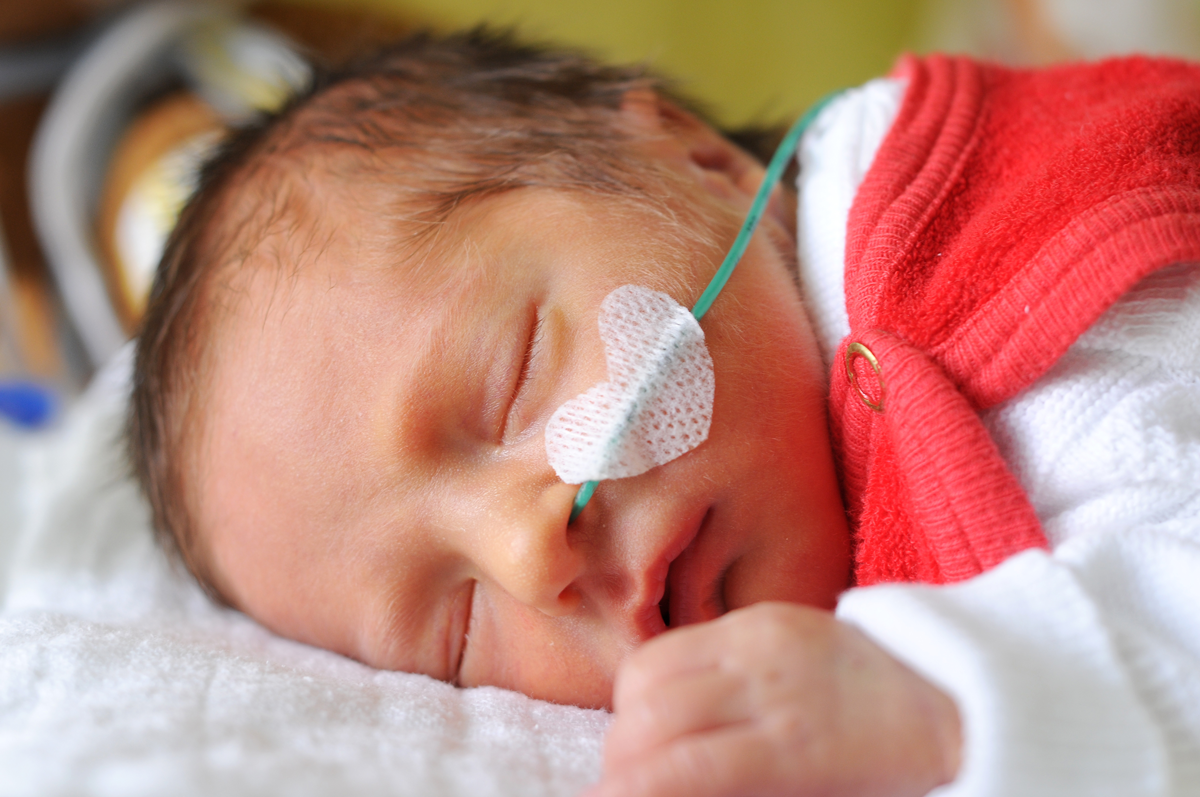CHD stands for Congenital Heart Disease or Congenital Heart Defect. CHD is an abnormality in the heart that is present at birth.

As the #1 birth defect, CHD affects 1.35 million infants every year worldwide.
CHD kills 2x more children each year than all forms of childhood cancer combined.
1 in every 10 children diagnosed with CHD does not live to adulthood.

The short answer is, for most cases, we really don't know. A few known causes and risk factors have been identified, but more research is needed to better understand exactly when and why CHD occurs.
Very mild defects may resolve on their own as the child grows. Other defects may require medication, catheterization, or even heart surgery. Approximately 1/3 of children born with CHD will require some type of intervention within the first year of their life for survival.
More severe forms of CHD are now often diagnosed by ultrasound during pregnancy. Some cases may be diagnosed shortly after birth and others may remain undetected until adolescence or early adulthood.
Many of these types of CHD have multiple variations depending on the individual's unique anatomy. Several defects may occur together and others may be found in isolation.

Hearing the words, "There's something wrong with your baby's heart" is a scary moment. In that instant, you are unexpectedly thrust into a world of unknowns, medical jargon, and fear for your child. You are not alone. There are many resources available to connect with other families who have walked this road before you and organizations that can help.
Copyright 2023 – All Rights Reserved Project Heart | Privacy Policy